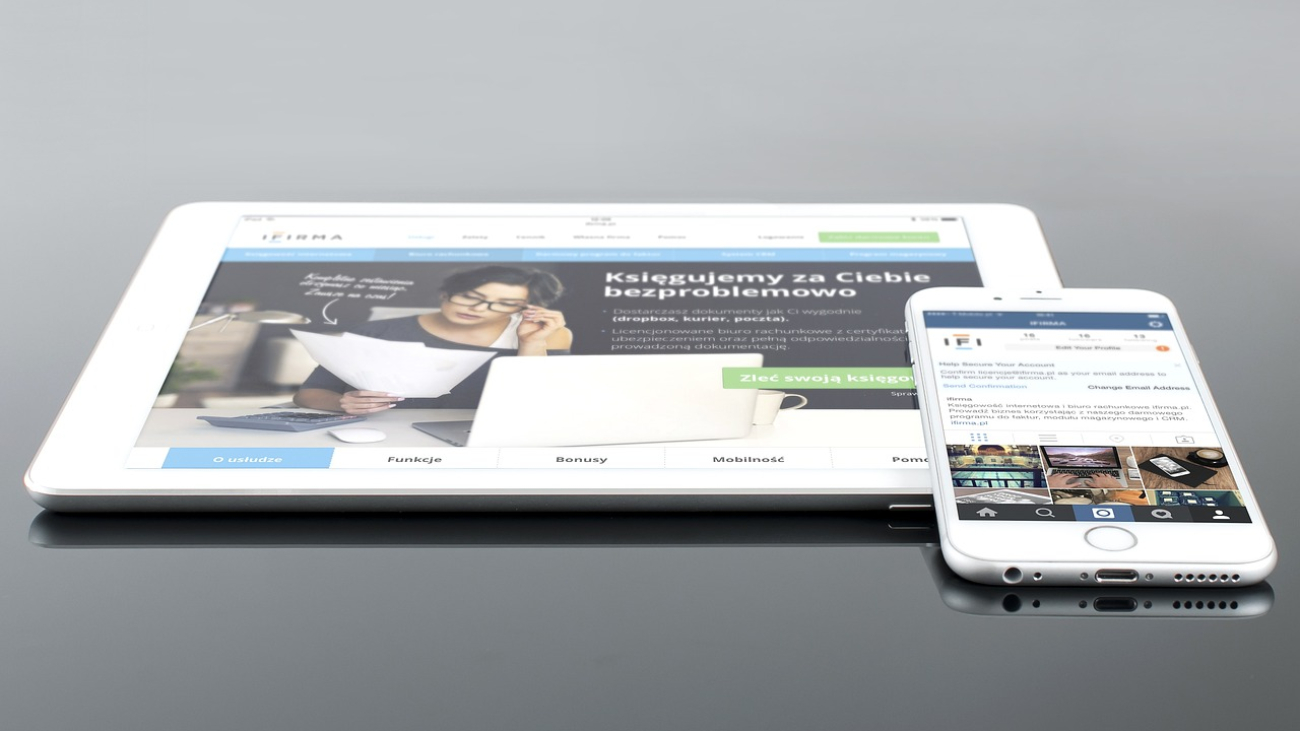In today’s fast-paced digital world, businesses are constantly seeking innovative solutions to streamline their operations, enhance productivity, and stay ahead of the competition. One such solution that has gained significant popularity is SaaS, or Software as a Service. SaaS is a cloud-based software delivery model that has revolutionized the way businesses access and utilize software applications. In this article, we will explore the concept of SaaS, its benefits, and its impact on the business landscape.
Introduction to SaaS
SaaS, often referred to as “on-demand software,” allows users to access software applications over the internet on a subscription basis. Unlike traditional software models where software is installed on individual computers or servers, SaaS eliminates the need for on-premises installations and provides a more flexible and scalable alternative. Users can access the software from any device with an internet connection, making it highly convenient and accessible.
Key Characteristics of SaaS
- Centralized Hosting: With SaaS, the software applications are hosted centrally on the provider’s servers. This eliminates the need for users to install and maintain the software locally, saving time and resources.
- Subscription-Based Pricing: SaaS operates on a subscription-based pricing model, where users pay a recurring fee (usually monthly or annually) for access to the software. This allows businesses to avoid large upfront costs associated with traditional software licenses.
- Scalability and Flexibility: SaaS offers scalability, allowing businesses to easily adjust their software usage based on their needs. Whether a company is expanding or downsizing, SaaS provides the flexibility to add or remove users and adjust subscription levels accordingly.
- Automatic Updates and Maintenance: One of the significant advantages of SaaS is that the software provider takes care of updates, patches, and maintenance tasks. This ensures that businesses always have access to the latest version of the software without the hassle of manual updates.
- Multi-Tenancy: SaaS providers typically adopt a multi-tenancy architecture, meaning multiple users or businesses can share the same instance of the software while keeping their data separate and secure.
Benefits of SaaS
The adoption of SaaS offers numerous benefits for businesses of all sizes and industries. Let’s explore some of the key advantages:
- Cost-Effectiveness: SaaS eliminates the need for upfront investments in software licenses, hardware infrastructure, and ongoing maintenance. The subscription-based model allows businesses to pay for only what they need, making it a cost-effective solution.
- Ease of Implementation: SaaS applications can be quickly deployed without the need for complex installations or configurations. Users can start using the software immediately, minimizing the implementation time and effort.
- Accessibility and Collaboration: With SaaS, employees can access software applications from anywhere with an internet connection. This facilitates remote work and enables seamless collaboration among team members, even if they are geographically dispersed.
- Continuous Updates and Innovation: SaaS providers constantly release updates and introduce new features to enhance the software’s functionality and address user needs. Businesses can benefit from these continuous improvements without the need for manual updates.
- Scalability and Flexibility: SaaS offers scalability to accommodate business growth or fluctuations in demand. Users can easily scale up or down their software usage, adding or removing users as needed, without disrupting operations.
- Reliability and Security: SaaS providers invest heavily in infrastructure, security measures, and data backups to ensure high levels of reliability and data protection. This allows businesses to focus on their core operations without worrying about software maintenance or security issues.
SaaS Applications in Various Industries
SaaS has found applications in a wide range of industries, empowering businesses with specialized software solutions. Here are
a few examples:
- Customer Relationship Management (CRM): SaaS CRM platforms enable businesses to manage their customer relationships effectively, track sales activities, and streamline marketing efforts.
- Human Resources (HR): SaaS HR platforms provide tools for managing employee data, payroll processing, performance management, and recruitment.
- Project Management: SaaS project management tools facilitate collaboration, task management, and resource allocation for projects of all sizes.
- Accounting and Finance: SaaS accounting software simplifies financial processes, including bookkeeping, invoicing, and expense management.
- Communication and Collaboration: SaaS communication tools, such as video conferencing and team messaging platforms, enable seamless collaboration among remote teams.
The Future of SaaS
As businesses continue to embrace digital transformation, the demand for SaaS solutions is expected to grow exponentially. The flexibility, cost-effectiveness, and accessibility of SaaS make it an attractive choice for organizations seeking efficient software solutions. With advancements in technology and increased connectivity, SaaS will likely play a pivotal role in shaping the future of business operations.
Conclusion
SaaS has revolutionized the software industry by offering businesses a cost-effective, scalable, and accessible solution for their software needs. The benefits of SaaS, including cost savings, ease of implementation, and continuous updates, have made it a preferred choice for businesses across various industries. As technology continues to evolve, SaaS will undoubtedly play a vital role in driving innovation and transforming the way businesses operate in the digital era.
Frequently Asked Questions
- What is the difference between SaaS and traditional software?
SaaS is cloud-based software accessed over the internet, while traditional software is installed locally on individual computers or servers. - Can SaaS be customized to meet specific business needs?
Yes, many SaaS applications offer customization options to adapt to specific business requirements. - Is SaaS suitable for small businesses?
Absolutely. SaaS eliminates the need for upfront investments and offers scalable solutions, making it ideal for small businesses. - How secure is SaaS for storing sensitive business data?
SaaS providers prioritize data security and employ robust measures to protect sensitive business information. - Can I switch from one SaaS provider to another?
Yes, you can migrate from one SaaS provider to another, although it may require data migration and some adjustments to workflows.
Get in touch with us at info@ollidatech.com if you require expert SaaS services or have any questions about implementing SaaS solutions for your business.

